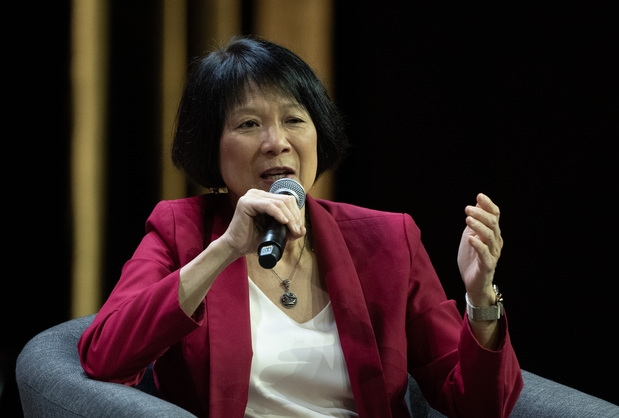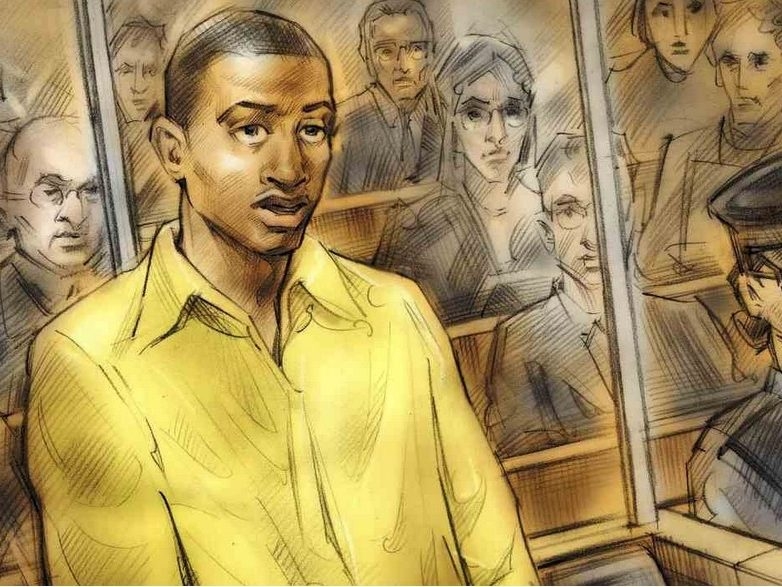A firestorm of controversy has erupted around Toronto Mayor Olivia Chow following her public accusation that Israel is committing “genocide.” The remarks, made at a recent event, have ignited calls for both a formal apology and her resignation from office.
Chow drew a stark parallel between Israel’s military operations and the brutal occupation of China by Japan during World War II. She recounted her mother’s harrowing childhood experience as a young girl enduring famine caused by the Japanese invasion, and the immense responsibility placed upon her to keep her brothers alive after the loss of their grandmother.
The response was swift and forceful. Leaders of Jewish and Israeli organizations expressed profound alarm, characterizing Chow’s statements as “reckless and irresponsible.” Critics pointed to the absence of any condemnation of atrocities committed by Palestinian militant groups, highlighting a perceived imbalance in her address.

The Canadian Antisemitism Foundation went further, labeling Chow’s comments a “calculated insult” to Toronto’s Jewish community and demanding her resignation. They asserted that the true acts of genocide occurred with the Hamas attacks on October 7th, 2023, and that the mayor’s words were demonstrably false and defamatory.
Concerns are escalating due to a documented surge in anti-Jewish hatred within Canada. Recent reports indicate a staggering 124% increase in antisemitic incidents since 2022, creating a climate of fear and vulnerability for Jewish communities across the country.
The situation is particularly acute in Toronto, where Jewish businesses and institutions have been targeted by acts of arson, vandalism, and even shootings since the October 7th attacks. Critics argue that Chow’s statements will only embolden those responsible for these acts of intimidation and violence.
Even within Toronto city council, there is growing discontent. Councillor Brad Bradford urged Chow to prioritize local issues and focus on ensuring the safety of all Toronto residents, rather than engaging in debates over international conflicts.
The debate underscores the deeply sensitive nature of the Israeli-Palestinian conflict and the potential for inflammatory rhetoric to exacerbate existing tensions. The repercussions of Chow’s words are likely to be felt for some time, raising questions about leadership and responsibility in a diverse and increasingly polarized society.



